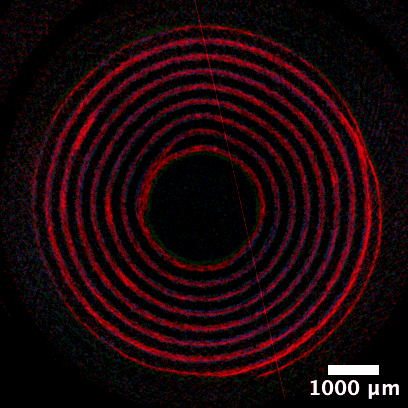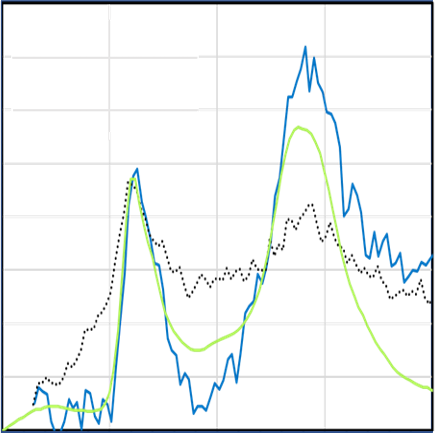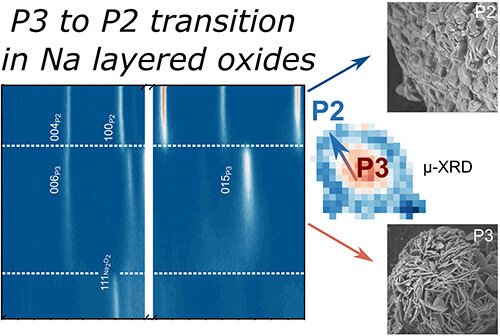The European Battery Hub invents a new way of studying batteries with synchrotron techniques, based on sharing ideas, beamtime and data.
We develop a correlative analysis approach of batteries using different synchrotron techniques.
• 6 core beamlines provide structural, morphological and chemical information
• Holistic understanding of reaction and degradation mechanisms
• At the scale of particles, components and cells
• Community tools such as cells, standards and protocols
Check out our latest publication
From P3 to P2: Synthesis and Role of Morphology in Li-Substituted Layered Oxides for Na-Ion Batteries
Mingfeng Xu. Prabhat Thapliyal, Jade Laurier, Rémi Tucoulou, Manfred Burghammer, Stefan Seidlmayer, and Matteo Bianchini* - ACS Energy Lett. 10, 6347−6355, 2025
Li-substituted P-type layered oxides with different morphologies and polymorphisms are investigated as positive electrode materials for sodium-ion batteries. In situ temperature-resolved X-ray diffraction (XRD) and spatially resolved synchrotron micro-XRD revealed the phase evolution during synthesis. For the first time, a P2 shell is shown to nucleate at the P3 particle surface, consistent with Na concentration gradients. The intermediate Li2MnO3, formed in the presence of Na2CO3, can be suppressed by using Na2O2 as Na source. Ni1/4Mn3/4(OH)2 is also tested as a precursor, allowing for faster P2 crystallization from P3. Three samples with different polymorphisms and morphologies are then synthesized and compared in terms of evolution of crystal and electronic structure during cycling. Galvanostatic intermittent titration technique (GITT) measurements are further employed to investigate the kinetics of the samples. A P2-polycrystalline material retains ≈90% capacity after 150 cycles and offers the best rate capability up to 10C, appearing as the most promising candidate for further development of high-performance layered oxides.













